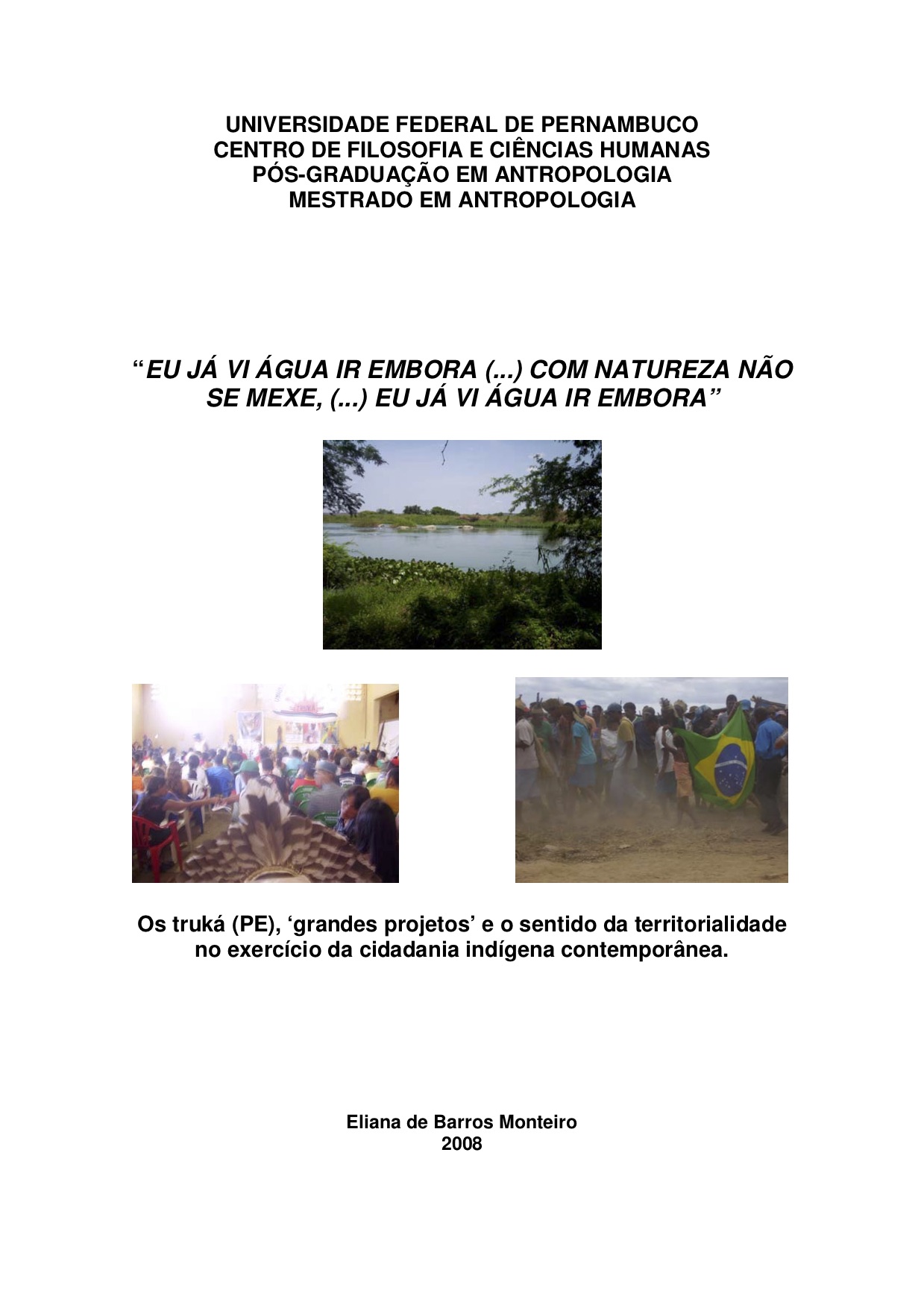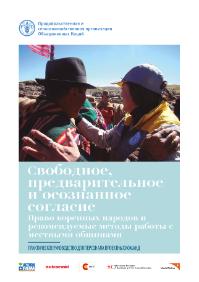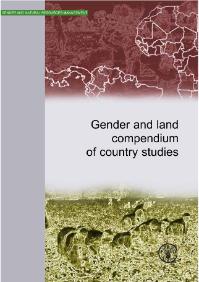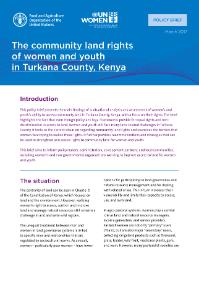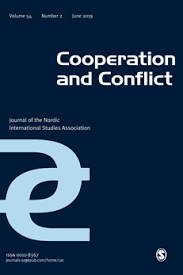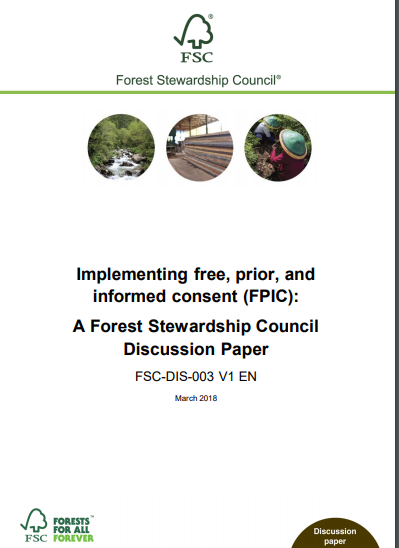Свободное, предварительное и осознанное
Руководство «Свободное, предварительное и информированное согласие» (FPIC) разработано в качестве инструмента для специалистов широкого круга проектов и программ любой организации , занимающейся международным развитием , и предоставляет информацию о праве на свободное, предварительное и проинформированное согласие , и о том, как его можно реализовать в шесть шагов. Пособие основано на политике ФАО в отношении коренных народов и народов, ведущих племенной образ жизни (2010 г.), для которой одним из основных принципов является данное согласие.
Gender and land compendium of country studies
From the outset, the development of agriculture has been strongly associated with women’s endeavour. In fact, women’s contribution to agriculture goes back to the origins of farming and the domestication of animals when the first human settlements were established more than 6 000 years ago. Over the years, the division of responsibilities and labour within households and communities tended to place farming and nutrition-related tasks under women’s domain. Nowadays, in many societies women continue to be mainly responsible for family food security and nutrition.
自由事先知情同意: 保护土著民族权利与造福当地社区的良好做法: 项目执行人员手册
自由事先知情同意是受国际人权标准保护的一项原则,同时也与自决权相联系。自由事先知情同意原则得到了《联合国土著民族权利宣言》、《生物多样性公约》及国际劳工组织《第169号公约》的支持 。本手册是粮农组织与若干协作组织自2015年7月启动协商进程以来的结晶本手册,是专为发展组织的项目从业人员设计的工具。
The Community Land Rights of Women and Youth in Turkana County, Kenya
This policy brief presents the main findings of a situational analysis and assessment of women’s and youth’s ability to access community land in Turkana County, Kenya, with a focus on their rights. The brief highlights the fact that even though policy and legal frameworks provide for equal rights and nondiscrimination in access to land, women and youth still face many land-related challenges in Turkana County. It looks at the current situation regarding community land rights and examines the bar riers that women face trying to realize these rights.
Le consentement préalable, donné librement et en connaissance de cause - un droit des peuples autochtones et une bonne pratique pour les communautés locales
Le présent Manuel du consentement préalable, donné librement et en connaissance de cause (CPLCC) est conçu comme outil donnant des informations sur le droit au CPLCC et sa réalisation en six étapes; il est destiné aux praticiens de projet (appelés ici responsables de projet) gérant une large gamme de projets et de programmes (appelés ici projets) d’un organisme de développement quel qu’il soit.
Understanding local customs to achieve the 2030 Agenda
FAO and the Deutsche Gesellschaft für Internationale Zusammenarbeit (GIZ) GmbH have been providing support to the Western Balkans region to promote progress on Gender Equality, with a focus on measuring the proportion of countries where the legal framework guarantees women’s equal rights to land ownership and/or control.
FAO and Traditional Knowledge: The Linkages with Sustainability, Food Security and Climate Change Impacts
In developed and developing countries all over the world, farmers and indigenous and local communities have traditional knowledge, expertise, skills and practices related to food security and to food and agricultural production and diversity. Since its creation in 1945, FAO has recognized the significant contributions these make to food and agriculture, and the relevance of on-farm/in situ and ex situ conservation of genetic resources for food and agriculture.
New Perspectives on Liberal Peacebuilding
Peacebuilding in conflict-prone or post-conflict countries -- such as East Timor, Bosnia, Afghanistan and Sierra Leone -- aims to prevent the re-emergence or escalation of violent conflict and establish a durable peace. This volume explores and critiquesthe 'liberal' premise of contemporary peacebuilding: the promotion of democracy, market-based economic reforms and a range of other institutions associated with 'modern' states as a driving force for building peace.
Indigenous Peace-Making Versus the Liberal Peace
Recent years have witnessed a resurgence of interest in indigenous, traditional and customary approaches to peace-making in the context of civil wars. Supporters claim that indigenous approaches to peacemaking are participatory and relationship-focused, and that peaceful outcomes have a higher chance of community adherence than template-style international peace interventions effected through the `liberal peace'. Using historical and contemporary examples, this article assesses the feasibility of a complementary relationship between customary and Western forms of peace-making.
Implementing free, prior, and informed consent (FPIC): A Forest Stewardship Council Discussion Paper
This guide provides information on how to engage in consultation following the FPIC principles with Indigenous Peoples and local communities before undertaking forestry management activities on the lands they legally or customarily own and/or use. It
• encourages and supports discussion among stakeholders, Indigenous Peoples, and FSC on the recognition of the right to FPIC, and
• provides a framework for the development of generally acceptable guidelines for companies seeking FPIC.

